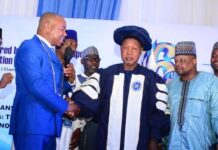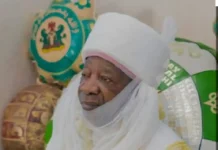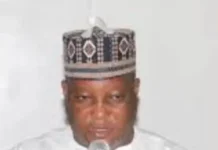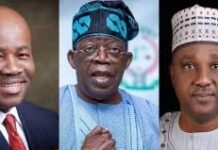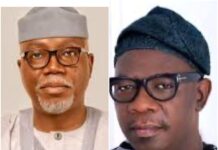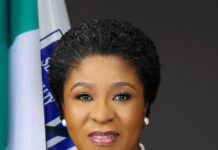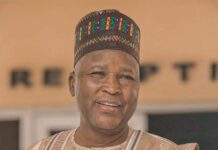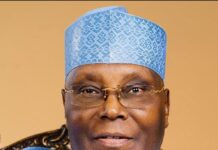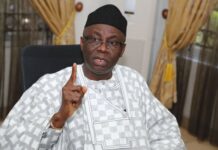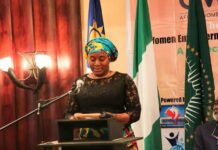INEC Decries Rising Voter Apathy During Elections
POLITICS DIGEST – The Independent National Electoral Commission (INEC) has expressed concern over increasing apathy of voters during elections in the country.
The concern was expressed on Wednesday in Abuja by the chairman, Board of The Electoral Institute (TEI), Prince Solomon Adedeji Soyebi and the institute’s director general, Dr Sa’ad Umar Idris, at the Focus Group Discussion (FGD) on ‘Voter Apathy Towards Continuous Voter Registration (CVR) and Elections’.
The discussion was organised by INEC/TEI in collaboration with University of Ibadan, UI-LISA, at the auditorium of the institute.
Soyebi said the group discussion was organised because INEC had been having “sleepless night” on the menace of voter apathy towards registration and elections.
“This is reflected by the data which shows an increasingly sharp drop within the last decade, between 1999 and 2019, in voter turnout.
“For example, the average voter turnout during the 1999 general elections was 52.3% which dropped to 34.7% during the 2019 general elections.
Read Also:
“The implication is that only a few number of people are increasingly becoming involved in the election of our leaders. This challenge is disturbing and needs to be addressed immediately,” he said.
Prince Soyebi said scholars and other critical stakeholders needed to critically appraise what needed to be done in order to reawaken Nigerians and increase their level of participation in CVR and elections.
For his part, the TEI director-general said the 2019 general elections’ record was below other previous elections when the country had close to 60 percent voter turnout.
Dr Idris, who said the forum was organised for various electoral stakeholders to interface and brainstorm with one another for the purpose of better understanding and improvement of elections in the country, added that it was one of the steps being taken to improve voters’ participation in CVR in particular and election in general.
He said INEC continuously engages her partners to establish that they were equally critical stakeholders with the commission in the pursuit of its mandate to put in place an electoral process that would serve to deliver free, fair and credible elections acceptable to all Nigerians.






